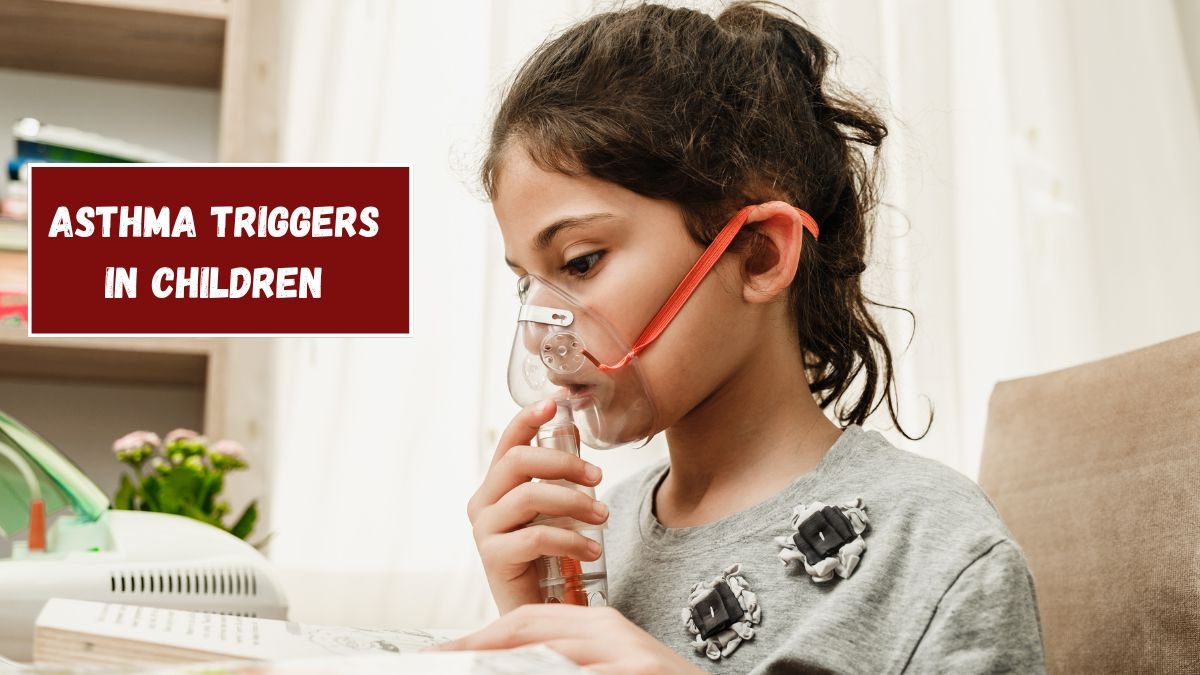Asthma can be scary for both kids and parents. When your child struggles to breathe, it feels like watching them run a race with no finish line. The good news? Understanding what triggers asthma can help you prevent many of those tough moments. Children don’t always know what makes their breathing worse, so it’s up to parents to recognize and manage the triggers. Let’s talk about the common causes and what you can do to keep your little one safe.
Dust and Allergens at Home
Dust is one of the biggest asthma triggers. Tiny particles hide in carpets, stuffed toys, curtains, and even bedding. For a child with asthma, breathing in dust can feel like inhaling through a straw. The same goes for allergens like pet dander or pollen that sneak into the house. Regular cleaning, washing bed sheets, and keeping pets out of bedrooms can help reduce these risks.
Cold Air and Weather Changes
Have you noticed your child coughing or wheezing more when the air is cold? Cold weather can tighten airways and make breathing harder for kids with asthma. Sudden weather changes, like going from hot to cold environments, can also be tough on their lungs. A warm scarf over the mouth and nose can act like a shield when they step outside in chilly weather.
Smoke and Strong Smells
Cigarette smoke, incense, and even strong perfumes can quickly trigger asthma symptoms in children. Their lungs are more sensitive, and these smells act like invisible walls blocking the airflow. Creating a smoke-free home and avoiding strong chemical cleaners or sprays can make a huge difference.
Exercise and Physical Activity
Running, jumping, or playing sports are healthy activities, but for some kids, they can also bring on asthma attacks. This doesn’t mean your child should avoid exercise. It just means they might need an inhaler before playtime or a break when they feel short of breath. Think of it as teaching them how to pace themselves while still having fun.
Infections and Illness
Colds and flu are more than just minor sicknesses for a child with asthma. Viruses can inflame the airways and make breathing more difficult. That’s why it’s important to encourage good hygiene like hand washing and keeping up with doctor-recommended vaccines. Protecting your child from infections can reduce the chances of asthma flare-ups.
Stress and Strong Emotions
It might surprise you, but emotions can also trigger asthma. When a child feels anxious, excited, or upset, their breathing can change, sometimes leading to wheezing or coughing. Helping your child learn calming techniques, like deep breathing or quiet time, can ease both stress and asthma symptoms.
Food and Environmental Triggers
Some kids react to certain foods or additives found in packaged snacks, sodas, or processed meals. Strong odors from paints, pollution, or even cooking fumes can also irritate sensitive lungs. Keeping an eye on what your child eats and the environment they’re in can help you spot hidden triggers.
Last Thought
Asthma doesn’t have to control your child’s life. Once you know the triggers, you can take steps to manage them and give your child the freedom to breathe easier. Think of it like learning the rules of a game—once you know what causes flare-ups, you can play smarter and keep your child safe. With awareness, care, and the right support, your little one can enjoy life without fear of every breath.
FAQs
Can asthma triggers be different for every child?
Yes, each child may react to different triggers, so it’s important to notice what affects your child most.
Should kids with asthma avoid sports?
No, they can still play, but they might need medication or breaks to manage symptoms.
Can pets cause asthma flare-ups?
Yes, pet dander can trigger asthma in some children, so keeping pets away from bedrooms can help.
Do asthma symptoms get worse in winter?
Cold air often makes asthma worse, so extra care is needed during winter months.
Is asthma in kids curable?
Asthma can’t be cured, but it can be managed well with proper care and treatment.






